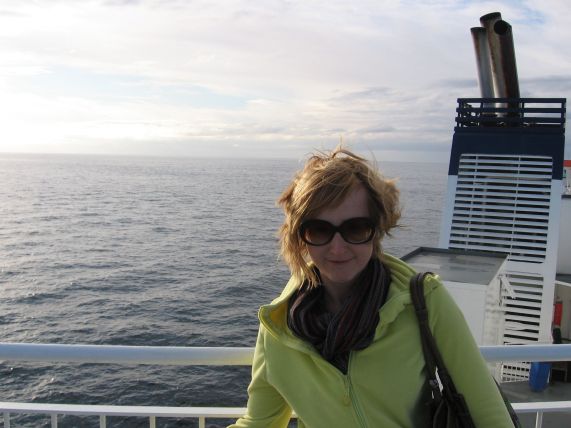
This post is part of a series of interviews with our incoming class for the “Virtue & Happiness” 2016 Summer Seminar. Tom Angier is Lecturer in Philosophy at the University of Cape Town.
Valerie Wallace: Where are you from?
Tom Angier: I grew up in rather insignificant spots in southern England, though my mother is Canadian and I did a PhD in Toronto.
VW: Tell me about your research.
TA: My main research is in Aristotelian and neo-Aristotelian ethics and political theory. The reason is that I think the ancients, and Aristotle in particular, supply the most fruitful and realistic framework for thinking about human practice. One of my projects is to explore and resurrect the metaphysically rich framework of Aristotle’s practical philosophy. For instance, I’ve recently written a paper arguing that Aristotle’s ethics is fundamentally theocentric, something downplayed (indeed denied) by generations of philosophers. More widely, I have done work on the 19th century philosopher Kierkegaard, and also on Alasdair MacIntyre. Recently I have been asked to translate a text by Knud Logstrup, a 20th century Danish philosopher who deserves a much wider audience in the Anglophone world.
VW: What are you most looking forward to about this summer’s Virtue
& Happiness seminar?
TA: I’m most looking forward to meeting people with similar intellectual interests, and to learning from experts in the field. It is rare that the notion of interdisciplinarity is genuinely honoured and acted on in academia, and our week together promises to be cross-disciplinary in a very fruitful way. What’s more, I have never visited Notre Dame or Chicago, but have heard a lot about them – this has whetted my appetite for the seminar series all the more.
VW: What are your non-academic interests?
TA: My non-academic interests centre on music, current cultural critique, humour, hiking, keeping fit, and drinking Belgian beer.





